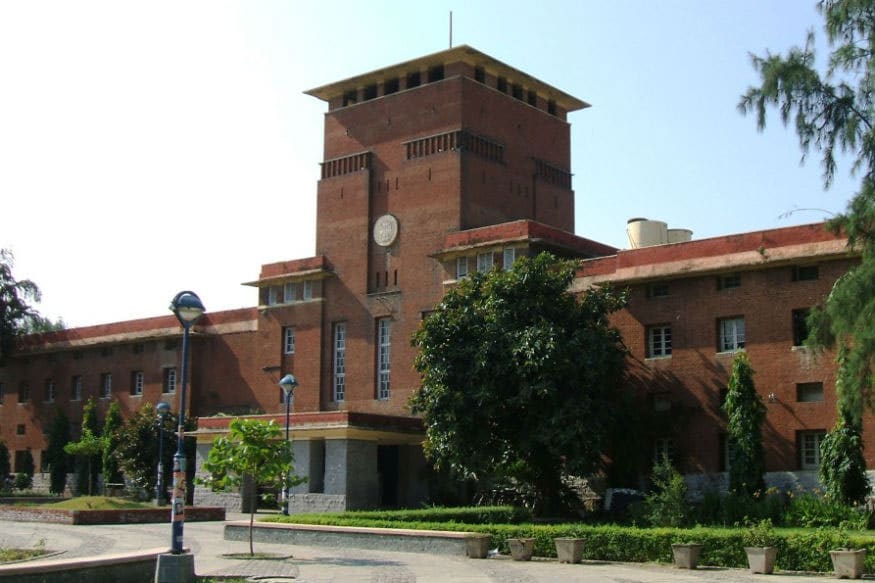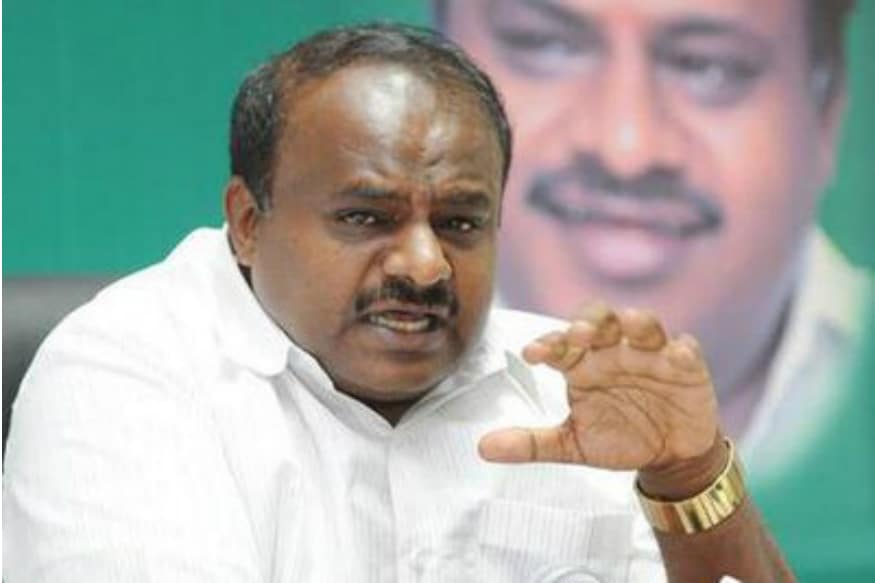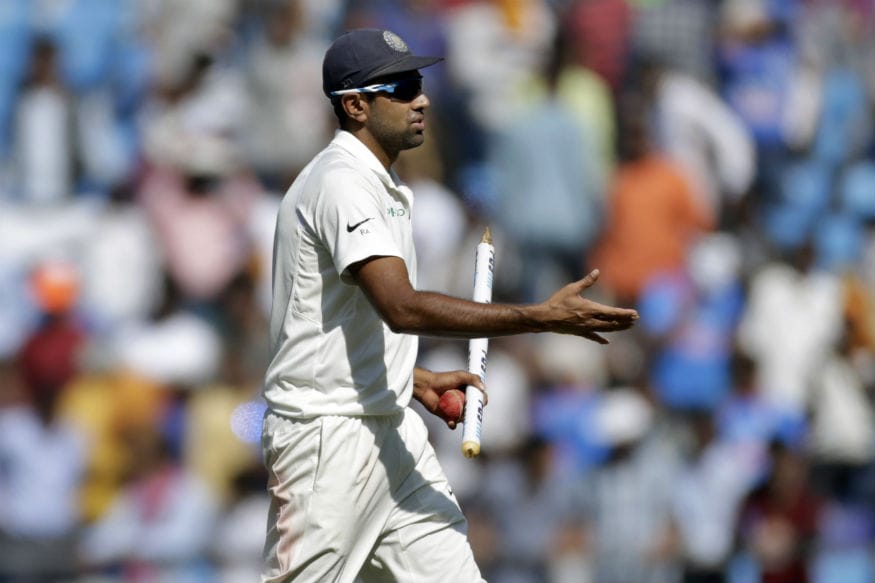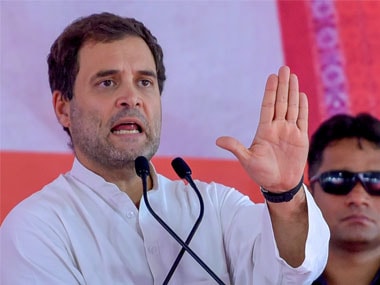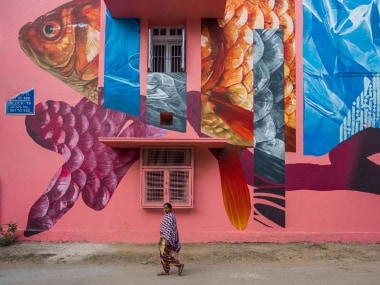The New Drugs and Clinical Trial Rules state the any drug discovered in India and proposed to be manufactured and marketed in India, will be deemed approval for clinical trials in 30 working days, if no communication received from the Central Licensing Authority (CLA).
The New Drugs and Clinical Trial Rules, 2019, released by the government, promises faster approvals and to cut down on red tape. It has the potential to invigorate the clinical research industry, which was nearly on its death bed a few years ago.
The New Drugs and Clinical Trial Rules state the any drug discovered in India, which is proposed to be manufactured and marketed in the country, will be deemed approval for clinical trials in 30 working days if no communication has been received from the Central Licensing Authority (CLA).
For the clinical trial of drugs developed outside of India, 90 working days is set as the limit for the CLA to respond. The validity of clinical trial approvals has been determined as two years for pharmaceutical companies to initiate a study, which is extendable by one year.
Conditions for providing post-trial access of drugs to patients who require it have been defined for the first time. In a first, orphan drugs have been defined as a drug intended to treat conditions which affects not more than five lakh persons in India. In addition, fee waivers for orphan drug trials will encourage more trials for rare diseases in India.
The rules also exempts local clinical trials for new drugs permitted to be imported for sale or distribution in India, to provide early access to patients to drugs already approved in the specified countries.
The clinical research industry has welcomed the rules.
“This will go a long way in reassuring local and global stakeholders about India’s commitment to building a robust regulatory and clinical research ecosystem,” said Dr Chirag Trivedi, President of Indian Society of Clinical Research (ISCR).
“We hope this will lead to more stability and growth in clinical research being done in India which will ultimately ensure that our patients have access to faster and more effective treatment,” Trivedi added.
India has the second largest population in the world and carries the highest burden of diseases, but carries out less than 1.2 percent of the clinical trials conducted globally.
The industry has been on a recovery path after the number of clinical trial approvals granted by the Drug Controller General of India (DCGI) hit a low of 17 approvals in 2013.
Following a pubic interest litigation (PIL) filed by Swasthya Adhikar Manch in the Supreme Court, and subsequent findings by a Parliamentary Committee over many irregularities in clinical trials, which include a lack of consent and compensation to the clinical trial subjects, the government tightened the rules.
This halted most of the clinical trials, and led to the shutdown of several Clinical Research Organisations (CROs), leaving the others relocate their trials to other countries.























